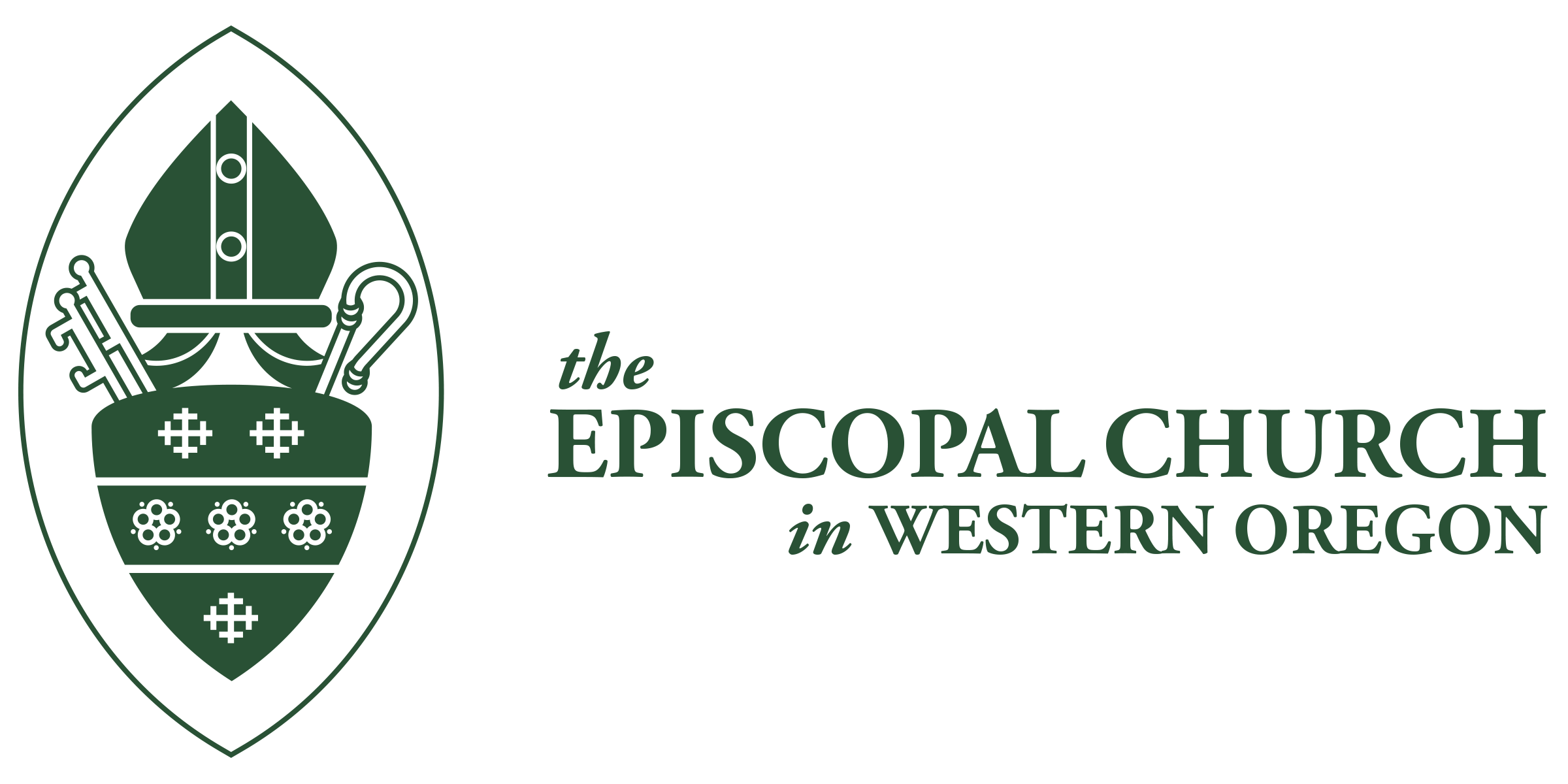A Note from the Creation Care Team
Net carbon neutrality is something everyone seems to be talking about these days, especially since the emphasis is on aiming for carbon neutrality by 2030. Our own Diocese has adopted this as a goal. But does everyone know what it actually means?
Carbon neutrality means eliminating carbon emissions from buildings, vehicles, and other sources so that no carbon (carbon dioxide, methane) is added to the atmosphere. Energy generated through the use of fossil fuels, such as for space and water heating, cooking, and electricity in our homes, is an important source of carbon emissions. Achieving carbon neutrality will require substantial reductions in the use of carbon-based energy.
One way to begin this process is with an energy audit of your home. This may be done by a licensed professional or, in some cases, by a utility company.
A list of licensed inspectors is available through the Oregon Department of Energy or on the Creation Care Working Group’s page.
In the meantime, these are some of the easiest and least expensive steps that can be taken:
- Close up drafts and leaks in windows, doors, around baseboards, electrical outlets, switches, and lighting or plumbing fixtures. Seal any cracks or holes with caulk and/or weather stripping.
- Check insulation levels. The level of insulation might be inadequate, especially if you have an old home.
- Have your heating and cooling equipment inspected annually. Check filters if you have a forced air furnace and replace them as needed.
- Consider replacing inefficient light bulbs with LEDs.
- A more expensive but ultimately cost-saving (and healthier) solution is to replace gas appliances with Energy Efficient electric ones.
These are just a few of the Energy Department’s suggestions. Go to their website for more information:
